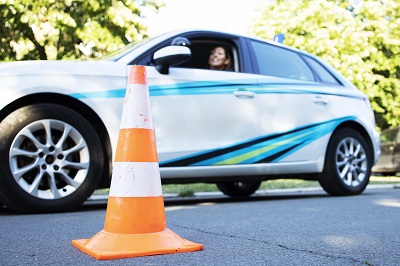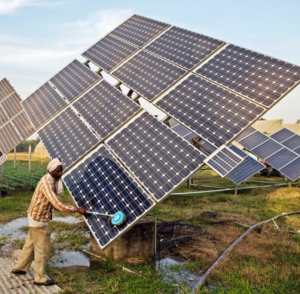Introduction
Speeding tickets are a common occurrence for many drivers in Virginia. Whether you’re a resident or just passing through the state, it’s essential to know the laws, penalties, and defense strategies related to speeding violations. This article aims to provide you with a comprehensive understanding of Virginia speeding ticket, helping you make informed decisions when you encounter this situation.
Virginia Speeding Laws:
Virginia’s speeding laws are straightforward but stringent. Speed limits are established to ensure the safety of all road users. It’s crucial to familiarize yourself with the following key aspects of Virginia’s speeding laws:
Basic Speed Law:
Virginia follows a “basic speed law,” which requires drivers to operate their vehicles at a speed that is reasonable and prudent given the conditions. This means that even if you are driving within the posted speed limit, you can still be ticketed for going too fast for the current weather, traffic, or road conditions.
Speed Limits:
In Virginia, speed limits are set based on the type of road and surrounding conditions. Common speed limits include 25 mph in residential areas, 55 mph on rural highways, and 70 mph on some interstates. School zones and construction zones often have reduced speed limits.
Reckless Driving:
Speeding can escalate to reckless driving if you are caught driving 20 mph or more over the speed limit or exceeding 85 mph regardless of the posted limit. Reckless driving is a more severe offense with significant penalties.
Penalties for Speeding Tickets in Virginia:
Penalties for speeding in Virginia can be quite severe, depending on the circumstances. Here’s what you can expect if you receive a speeding ticket:
Fines:
The fines for speeding tickets in Virginia vary based on your speed and the location where you were caught. Generally, the faster you are going, the higher the fine will be. For instance, going 10 mph over the limit might result in a lower fine than going 20 mph over.
Demerit Points:
Speeding convictions in Virginia come with demerit points on your driving record. The number of points depends on your speed over the limit. Accumulating too many points can result in license suspension.
Traffic School:
If you’re a first-time offender or have a relatively clean driving record, you may be eligible to attend a driver improvement clinic to offset demerit points and potentially avoid license suspension.
Increased Insurance Rates:
A speeding ticket can lead to increased insurance premiums for a certain period. This can be a costly consequence in the long run.
Reckless Driving Charges:
If your speed is significantly above the limit, you may face reckless driving charges, which are more serious and can result in fines, license suspension, and even jail time.
Defense Strategies:
When faced with a speeding ticket in Virginia, you have several defense strategies at your disposal:
Challenge the Evidence:
You can challenge the accuracy of speed-measuring devices, such as radar guns, used by law enforcement. If the device was not calibrated or operated correctly, your ticket may be dismissed.
Request a Reduced Charge:
In some cases, you may be able to negotiate with the prosecutor to have your speeding charge reduced to a lesser offense, which can carry fewer penalties.
Attend Traffic School:
As mentioned earlier, attending a driver improvement clinic can help offset demerit points and avoid the worst consequences of a speeding ticket.
Consult an Attorney:
If you’re facing reckless driving charges or serious consequences, it’s wise to consult with a traffic attorney who can guide you through the legal process and advocate for the best possible outcome.
Defensive Driving:
Practice defensive driving to avoid future speeding tickets. Staying within the speed limits, following traffic laws, and being aware of road conditions can help you maintain a clean driving record.
Conclusion
Understanding Virginia’s speeding laws, the potential penalties for speeding violations, and defense strategies can help you navigate the process if you receive a speeding ticket. Remember that prevention is the best strategy, and safe driving should always be a priority to keep yourself and others safe on the road. If you find yourself facing a Virginia speeding ticket, consider consulting with an attorney to explore your options and protect your driving record.





